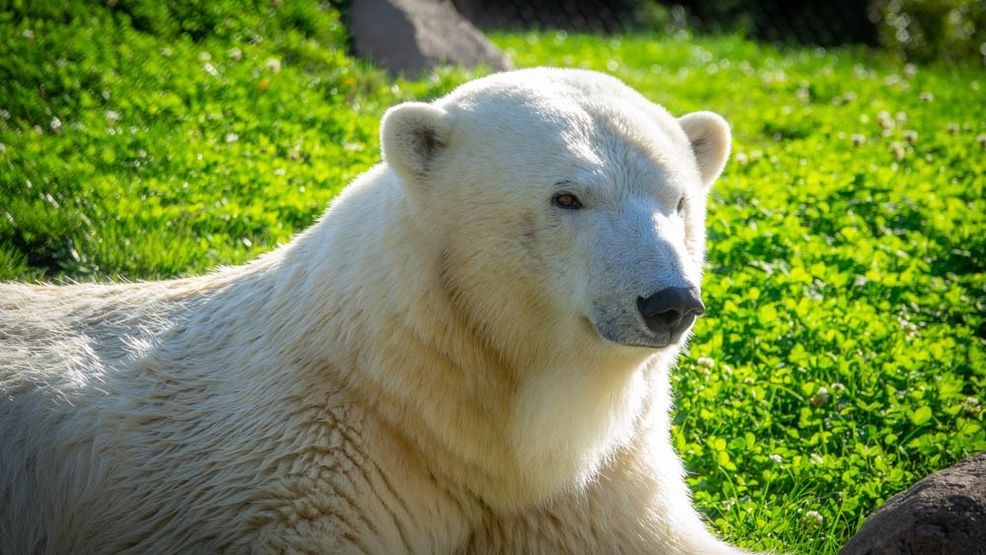Amelia Gray, a polar bear at the Oregon Zoo, is set to embark on a new chapter as she moves to the Brookfield Zoo in Chicago in the coming weeks. This transition is part of a broader initiative aimed at aiding her threatened species.
READ MORE | Young cheerleader Olivia Swan vies for national recognition and $25,000 prize
Rachel Ritchason, the Oregon Zoo’s deputy director of animal care, expressed mixed emotions about the move. “We’ve been so honored to care for Amelia these past four years,” she said. “We’re really going to miss her. But we’re also excited that she’ll get to spend time with a male bear — and hopefully be able to raise some cubs. Our goal is to ensure a long-term future for one of the world’s most vulnerable species.”
Polar bears are classified as threatened under the U.S. Endangered Species Act, facing a high risk of global extinction due to changes in their Arctic habitat. Amelia’s relocation is part of a cooperative program designed to maintain a sustainable, genetically diverse polar bear population at U.S. zoos and aquariums.
“We’re fighting extinction on two fronts,” Ritchason said. “We’re supporting efforts to save wild bears in the Arctic while also striving to maintain a healthy population in professional care.”
Amy Cutting, vice president of conservation at Polar Bears International, emphasized the importance of modern zoos and aquariums. “Polar bears live in one of the harshest environments on the planet, making them notoriously difficult to study so we have gaps in our understanding of how climate change is affecting them. The bears in professional care can help,” she said.
Amelia and her half-sister Nora have contributed significantly to conservation science, assisting with various research projects and acting as “Arctic ambassadors,” according to Cutting. They have helped create meaningful connections with guests and spread awareness about climate change and polar bear conservation.
Amelia was born at the Columbus Zoo on November 8, 2016, and moved to Portland in 2021. In Chicago, she will meet another female polar bear, Hope, and a male bear, Hudson. Meanwhile, Nora will remain in Portland, with potential future plans for her to raise cubs still undetermined.
Ritchason reassured that Nora will be well cared for during this transition. “Polar bears may gather around food sources, or to travel, but it’s in their nature to live independently,” she said. “Nora has an expert care team who will make sure she has everything she needs during this transition.”
